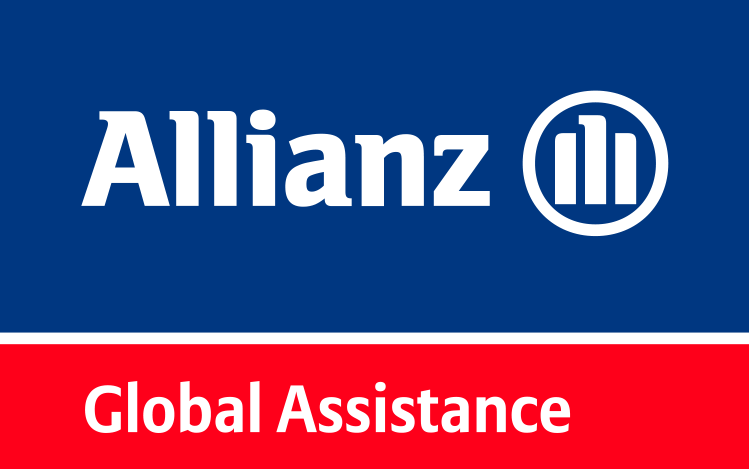As of Oct. 1, Canada dropped all COVID-19 restrictions for incoming travellers, which means an end to requiring proof of vaccination, quarantine periods on arrival, and COVID-19 pre-testing.
Canada drops COVID-19 border requirements

As of Oct. 1, Canada dropped all COVID-19 restrictions for incoming travellers, which means an end to requiring proof of vaccination, quarantine periods on arrival, and COVID-19 pre-testing.
What's changed?
Regardless of citizenship, travellers will also no longer have to comply with the following:
- Submission of public health information through the ArriveCAN app or website
- Providing proof of vaccination
- Monitoring and reporting the onset COVID-19 symptoms on arrival to Canada. (Though border services asks that travellers who think they show symptoms of COVID-19 inform a border services official. And travellers who think they may be ill prior to departure are asked not to board trains and planes.)
- Undergoing health checks prior to rail or air travel.
- Wearing masks on planes and trains. (However, wearing a mask in these settings is still recommended by Dr. Howard Njoo, Canada’s Deputy Chief Health Officer.)
Once in Canada, travellers are required to follow provincial or territorial requirements. Measures on cruise ships are also being lifted, but passenger and crew protection guidelines remain in place. ArriveCAN is an optional method to submit customs declarations in advance at major airports, which officials hope would shorten airport wait times. The ArriveCAN customs short cut is currently available at international airports in Toronto, Montreal and Vancouver, with plans to expand it to airports in Calgary, Edmonton, Winnipeg, Ottawa, Quebec City, Halifax and Billy Bishop airport in Toronto.
How travel insurance helps Canadian travellers
Canada’s borders are more open to post pandemic travel, but it’s always important to take measures to protect your health when travelling domestically and abroad. Allianz Global Assistance offers travel health insurance benefits to Canadian citizens and international visitors that could help you avoid unnecessary costs. Emergency medical travel insurance benefits by Allianz Global Assistance may provide coverage for certain unexpected medical expenses, dental emergencies, medically necessary emergency transportation, and more.
If you are a Canadian resident who is eligible for coverage under a provincial health plan, you should know that it may not cover all of your health needs if you are traveling to a province or territory outside of your own. Some expenses that may not be eligible for coverage in this instance could include accidental dental injury, ambulatory transportation, and refills on prescription drugs.
How travel insurance helps international travellers
If you are an international incoming traveller to Canada, you should keep in mind that your primary insurance in your home country may not cover you while abroad, and medical services can be expensive in Canada if you are not eligible for coverage under the national health plan. Check out our "Visitors to Canada Plan" to see how we can protect your health while you are a guest in our nation.
Our emergency medical benefits could help fill coverage gaps for both Canadians and international travellers. As a world leader in travel protection, we help more than 8 million Canadians annually answer the call of adventure with confidence every year. Millions of travellers rely on us for help when they need it most. Let us be there for you too.
Travel insurance is underwritten by CUMIS General Insurance Company, a member of The Co-operators Group of Companies, administered by Allianz Global Assistance, which is a registered business name of AZGA Service Canada Inc.
Related articles
to speak with one of our agents.
